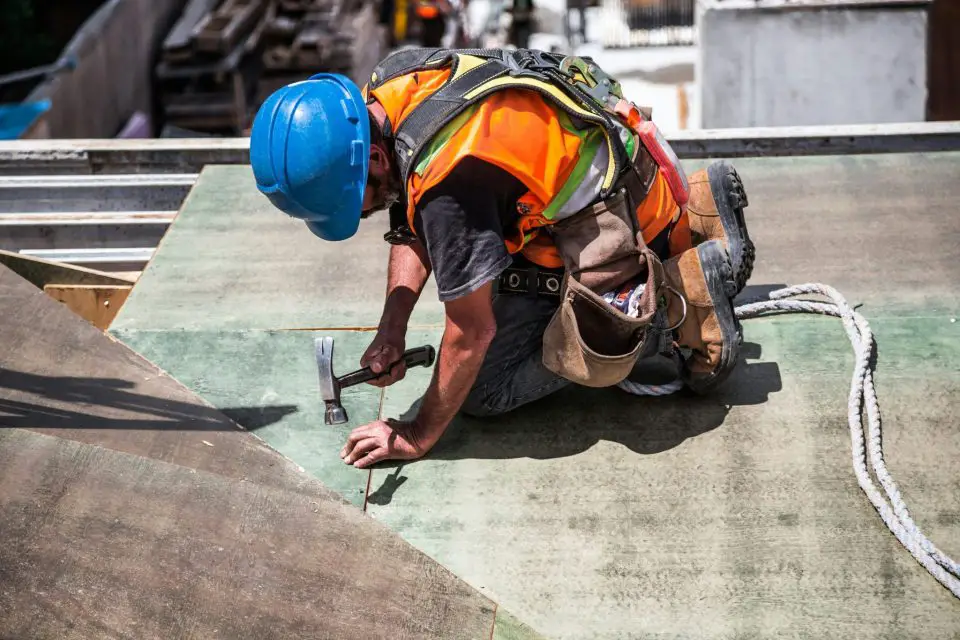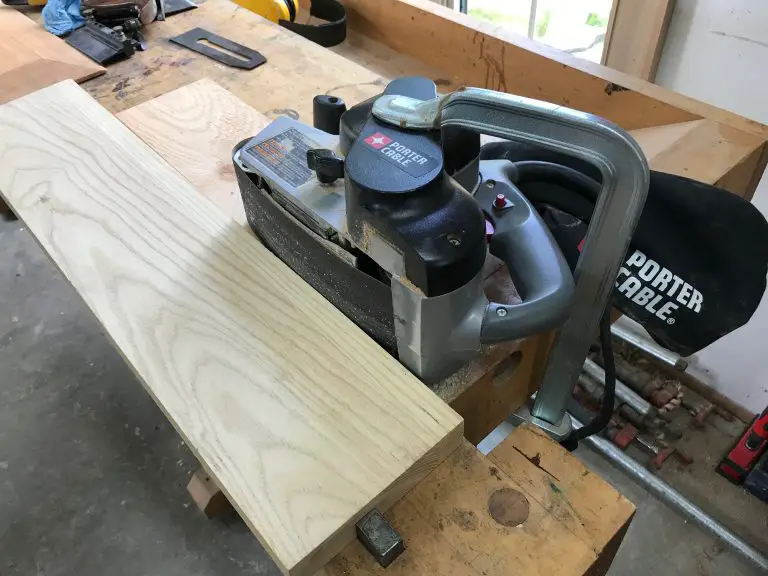
Choosing the right contractor or builder is a critical step in turning your dream home into a reality. Whether you’re building from scratch or considering ready built homes, partnering with a trustworthy and reliable builder is essential. Unfortunately, not all contractors operate with the same level of professionalism, and spotting red flags early can save you from unnecessary headaches and financial losses.
Here’s a guide to recognizing potential warning signs so you can make an informed decision and ensure a smooth building process.
1. Lack of Proper Credentials
A professional contractor should have the necessary licenses, certifications, and insurance to operate legally in your area. Failing to provide proof of these credentials is one of the most significant red flags.
What to Look For:
- Licenses: Verify that the contractor is licensed to work in your state or region.
- Insurance: Ensure they have liability insurance and worker’s compensation coverage.
- Certifications: Look for memberships in reputable industry organizations, such as the Master Builders Association.
A lack of proper credentials not only indicates unprofessionalism but can also leave you vulnerable if something goes wrong during the project.
2. Vague or Incomplete Contracts
A detailed and transparent contract is essential for protecting both parties during a construction project. Contractors who offer vague or incomplete contracts may be trying to hide something or avoid accountability.
Red Flags in Contracts:
- Missing details: Contracts should include specifics about timelines, costs, materials, and scope of work.
- No payment schedule: A professional builder will outline a clear payment schedule tied to project milestones.
- Absence of warranties: Ensure the contract includes information about warranties for workmanship and materials.
Always review the contract thoroughly before signing and seek clarification on any unclear terms.
3. Poor Communication Skills
Effective communication is key to a successful building project. Contractors who are unresponsive, dismissive, or fail to provide updates can create unnecessary stress and delays.
Signs of Poor Communication:
- Delayed responses: If the contractor takes days to return calls or emails, they may be difficult to work with during the project.
- Evasive answers: Avoid contractors who are vague or unwilling to provide straightforward answers to your questions.
- Disorganized approach: A contractor who struggles to manage meetings, schedules, or paperwork may not be able to handle the complexity of your project.
Choose a contractor who is approachable, transparent, and proactive in keeping you informed.
4. Unrealistically Low Quotes
While it’s tempting to go with the cheapest option, a quote that is significantly lower than others is often a red flag. It may indicate that the contractor is cutting corners, using subpar materials, or underestimating the scope of the project.
Questions to Ask About Low Quotes:
- What materials will be used? Inferior materials can lead to costly repairs down the line.
- Are all costs included? Some contractors offer low initial quotes but add hidden fees later.
- Why is this quote lower? A reputable contractor should be able to justify their pricing without hesitation.
Compare quotes from multiple contractors and ensure they include a detailed breakdown of costs.
5. No Portfolio or References
A trustworthy contractor will have a portfolio of completed projects and a list of references readily available. Contractors who cannot provide examples of their work or hesitate to connect you with past clients may be hiding poor performance.
How to Verify Their Work:
- Request a portfolio: Review photos of completed projects to assess their style and quality.
- Visit completed builds: If possible, visit a site or home they’ve worked on to see their craftsmanship in person.
- Talk to references: Ask former clients about their experience, including communication, timelines, and any issues that arose.
A lack of evidence of previous success should be a major cause for concern.
6. High-Pressure Sales Tactics
Beware of contractors who try to pressure you into making quick decisions or signing a contract without adequate time to review it. High-pressure sales tactics often indicate a lack of transparency or ulterior motives.
Tactics to Watch For:
- Limited-time offers: Claims that discounts or deals will expire if you don’t act quickly are often a ploy to rush you.
- Refusal to negotiate: A reputable contractor will be willing to discuss terms and make adjustments to meet your needs.
- Overpromising: Be cautious of builders who guarantee unrealistic timelines or exaggerated results.
Take your time to evaluate your options and never let yourself feel rushed into a decision.
7. Negative Reviews or Complaints
Online reviews and testimonials can provide valuable insight into a contractor’s reputation. Consistently negative feedback or unresolved complaints should raise a red flag.
How to Check Reviews:
- Read reviews on multiple platforms: Use websites like Google, Yelp, and Houzz to gather a comprehensive view of their reputation.
- Look for patterns: A single negative review may not be a dealbreaker, but repeated complaints about the same issues can signal a problem.
- Check with local authorities: See if the contractor has any formal complaints or disciplinary actions filed against them.
A strong reputation is a sign of reliability, so prioritize contractors with consistently positive feedback.
8. Lack of Project Oversight
A reliable contractor will take full responsibility for overseeing your project and ensuring everything runs smoothly. If they seem disinterested in providing regular updates or site supervision, it could lead to significant problems down the line.
Oversight Questions to Ask:
- Who will manage the project? Confirm whether the contractor will be personally involved or delegate to a site supervisor.
- How often will updates be provided? Ensure there is a clear plan for communication throughout the build.
- How are subcontractors managed? Verify that subcontractors are vetted and supervised to maintain quality.
Strong oversight ensures your project stays on track and meets your expectations.
Spotting red flags when choosing a contractor or builder can save you time, money, and frustration. By staying vigilant and asking the right questions, you can avoid unreliable builders and partner with a professional who will bring your vision to life. Take the time to research, communicate, and verify credentials to ensure a successful and stress-free building experience.












